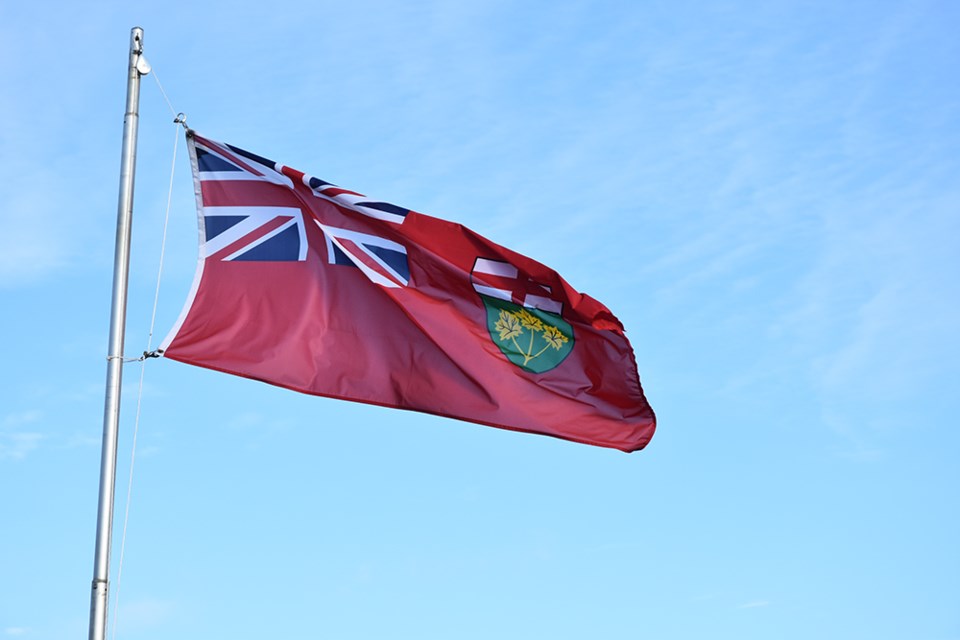Ontario Premier Doug Ford is declaring a state of emergency, the second since the start of the COVID-19 pandemic.
It's effective immediately and expected to be in place for at least 28 days. Effective Thursday, Jan. 14, Ford is issuing a stay at home order, requiring everyone to remain at home with exceptions for essential purposes, such as going to the grocery store or pharmacy, accessing health care services, for exercise or for essential work.
The declaration allows the government to make and amend emergency orders under the Emergency Management and Civil Protection Act (EMCPA).
For the emergency declaration, provincial offence officers, including police, have the authority to disperse crowds both indoors and outdoors.
Provincial offence officers will have the authority to issue tickets to people in businesses for not complying with orders, such as not wearing a mask.
New measures include:
- The limit for outdoor gatherings has been lowered to five people from 10
- Masks are required in indoor areas of businesses or organizations. Masks are now recommended outdoors when physical distancing isn't possible.
- Non-essential retail store hours must be between 7 a.m. and 8 p.m. These rules do not apply to stores selling primarily food, pharmacies, gas stations, convenience stores, or restaurants.
- Non-essential construction is further restricted, including below-grade construction, exempting survey/
A province-wide shutdown has been in place since Dec. 26.
Public Health Ontario has reported more than 3,000 new cases of the virus nearly every day this year so far. Today, Public Health Ontario confirmed eight new cases of the UK variant, which spreads quicker, bringing the total number of cases to 14.
The first state of emergency in the province was declared March 17 and remained in effect until July 24.
A full list of emergency orders under the EMPCA are available on the e-Laws website and at Ontario.ca/alert.



.jpg;w=120;h=80;mode=crop)